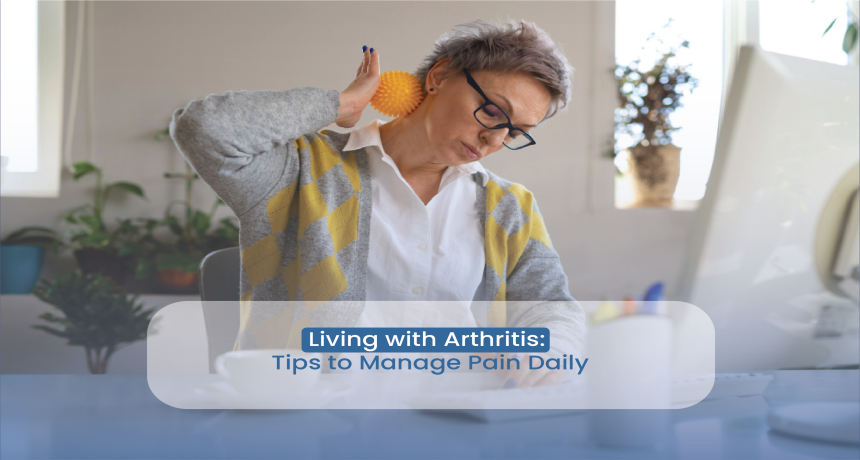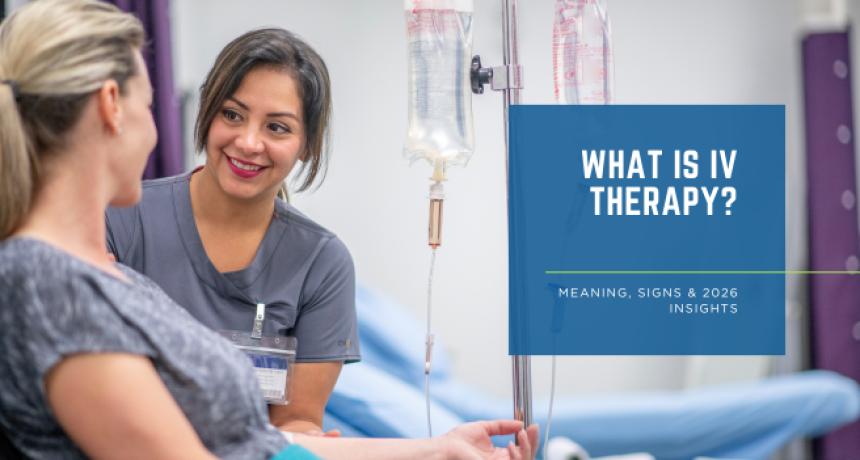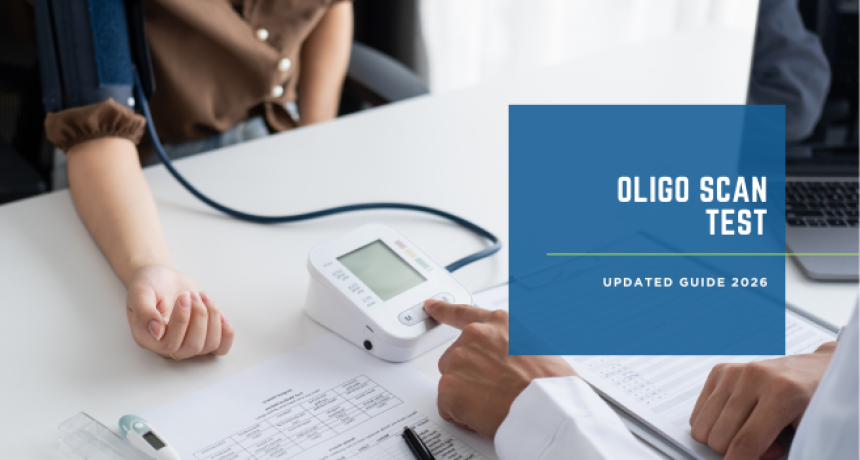Living with Arthritis: Tips to Manage Pain Daily
2025-07-13 Arthritis, which can include both osteoarthritis (OA) and rheumatoid arthritis (RA), causes ongoing joint pain, stiffness, and fatigue. While there is no cure, recent research shows that supportive lifestyle behaviors, including physical activity, restorative sleep, a healthy diet, stress management, and various therapies, can make a significant impact in reducing pain and improving quality of life. In the morning, we suggest starting the day off with some gentle range of motion stretching (and if tolerated, light strengthening) for your wrists, knees, hips, and shoulders. This will stimulate circulation to the joints and help lubricate them so you can get going! Stretching negates any stiffness that can affect people who have rested still for seven or more hours. Physical activity such as walking, swimming, cycling, yoga, tai chi, or Pilates should cumulatively add up to a minimum of 150 minutes/week of low-impact exercise that enhances circulation, reduces inflammation, helps strengthen muscles, provides further support to the joints, and improves heart health without stress on the joints. Conditioning programs that include Aerobic training and Resistance training with some protocols using Cryotherapy show positive improvements in pain and disease activity for RA patients. Follow a diet with anti-inflammatory foods such as fruits, vegetables, whole grains, legumes, olive oil, fatty fish (omega-3s), nuts, and seeds, which is similar to the Mediterranean diet. A recent meta-analysis combined specific dietary patterns to see the effect diet had on the incidence of RA, showing a ~29% lower odds of RA when following the diet with high adherence. Hydrate: 8-10 glasses of water each day to keep cartilage hydrated, which increases resiliency in joints. Even a moderate weight loss (5%-10% of your total weight) results in a reduced burden on joints. Consider braces, orthotics, splints, or ergonomic devices to protect your joints at risk. An occupational therapist can help teach you ways to keep your muscles/joints protected when completing your daily tasks. Heat (warm baths, heating pads) will loosen tight muscles and promote circulation. Cold (ice packs) will decrease swelling and numb active inflammation. You can alternate them during flares; heat first when wanting to get moving, and cold afterward. Turmeric (curcumin) - Meta-analysis indicates it may work as well as NSAIDs for OA pain relief and likely has fewer side effects. Ginger - This is known for its benefits with inflammation in joints, as well as with joint stiffness, and is typically combined with turmeric for turmeric-ginger tea. Omega-3 fatty acids -Either fish oil or flax oil, there is moderate evidence to support the benefits of reducing inflammatory markers/pain in RA, as well as having overall health benefits. There are also other natural options for symptom relief and increased function: acupuncture, massage therapy, hydrotherapy, yoga, etc. Generally, chronic pain will worsen during a "stress" response. Using any of the stress reduction methods described above will help lower pain intensity, increase pain tolerance, and increase psychological health: Mindfulness Meditations (body scans and progressive muscle relaxation), yoga, tai chi, deep breathing, and journaling. Cognitive Behavioral Therapy for chronic pain can help with reframing pain experience and coping strategies. a) Improving Sleep with Arthritis Pain Approximately 80% of patients with arthritis report difficulty with sleep. Pain often leads to a disruption of sleep, and poor sleep, in turn, increases pain. This creates the situation of a negative cycle. b) Sleep Hygiene: The Beginning Have a regular sleep and wake time, also on weekends; limit daytime naps to no more than 30 minutes; Limit screen time, caffeine, alcohol, and heavy meals for 2-3 hours before going to bed; Make your bedroom cool (18-22 °C), dark, quiet, and with supportive bedding. Black-out curtains, white noise, and earplugs can be effective if needed. Think about your bedtime- whether it is in fifteen minutes or an hour. A warm bath, gentle stretching or yoga, reading a book, meditating, or listening to calming music could make up a pre-bed routine for you. Use heat or cold therapy as needed before bed. Consider taking over-the-counter pain medications (NSAIDs, acetaminophen) so they peak during the night, after consulting with your physician very thoroughly. If you are a back sleeper, place a pillow under your knees to reduce strain on your lower back and hips. If you are a side sleeper, please use a pillow between your knees to help keep your spine neutral. Try not to sleep on your stomach. Quality sleep (7–9 hours/night) will decrease your perception of pain, help to manage inflammation, support your immune function (this is very important with RA), provide energy, and provide a positive mood. The Research Indicates that Exercise improves joint lubrication, reduces stiffness, and strengthens muscles. Some studies show that exercise is capable of reducing long-term pain more effectively than medication. Curcumin and ginger reduce inflammatory cytokines and decrease oxidative stress. Studies showed that curcumin and ginger had clinical improvements in OA and RA that were comparable to NSAIDs. Sleep quality influences inflammation, pain sensitivity, and better sleep inhibits the pain-sleep cycle and facilitates recuperation. Mind-body therapies and cognitive-behavioural therapies assist in changing the experience of pain through improved coping and less stress. Daily Routines and Self-Care in People with Arthritis
1. Morning: Gentle Stretching
2. Physical Activity: Keep Moving
3. Nutrition & Weight Management
4. Joint Protection & Assistive Devices
5. Heat & Cold Therapy
6. Natural Supplements & Remedies
7. Stress Reduction & Mind‑Body Techniques
8. Evening Routine & Pain Preparation
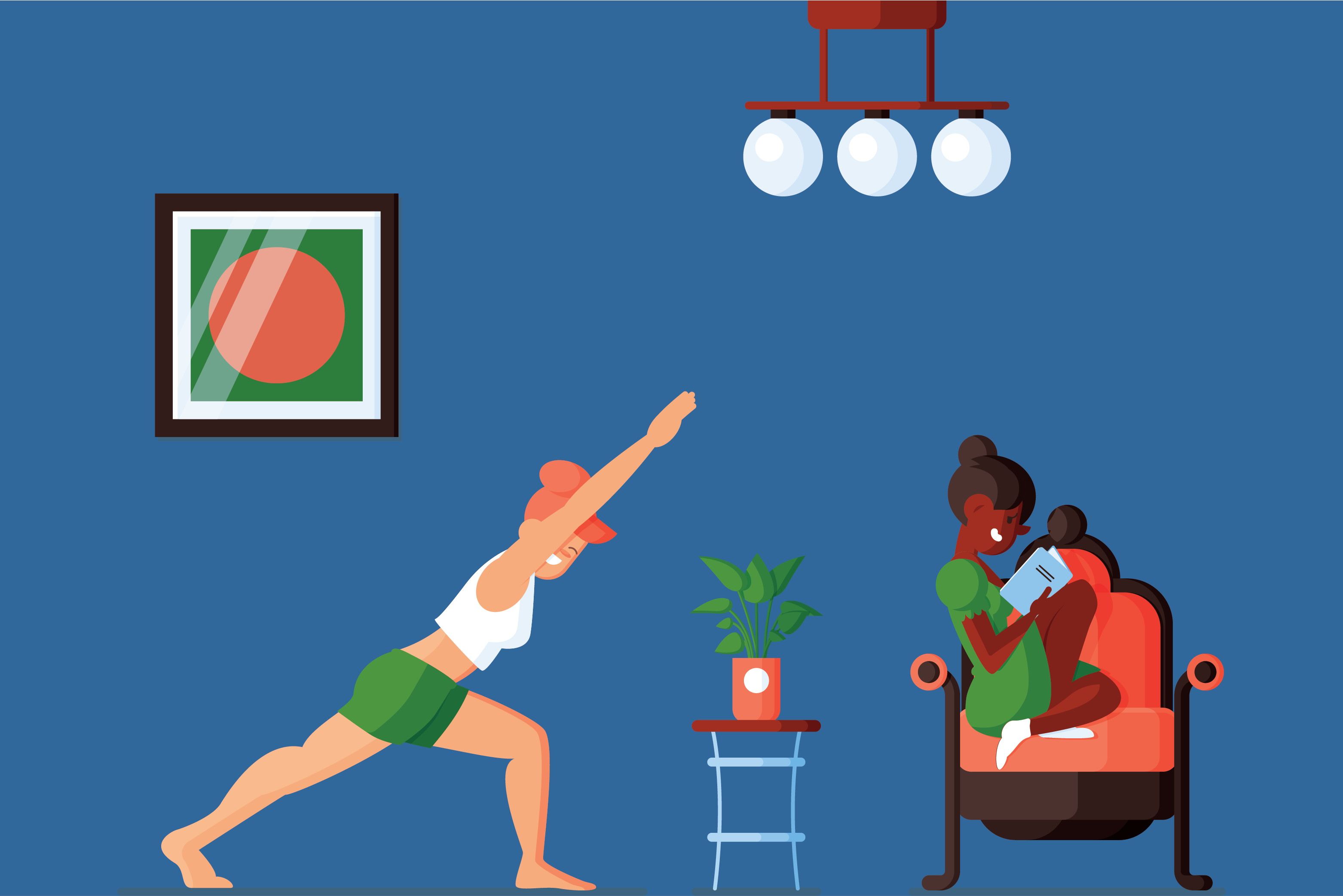
9. Sleep Position Advice

Why Sleep is Important
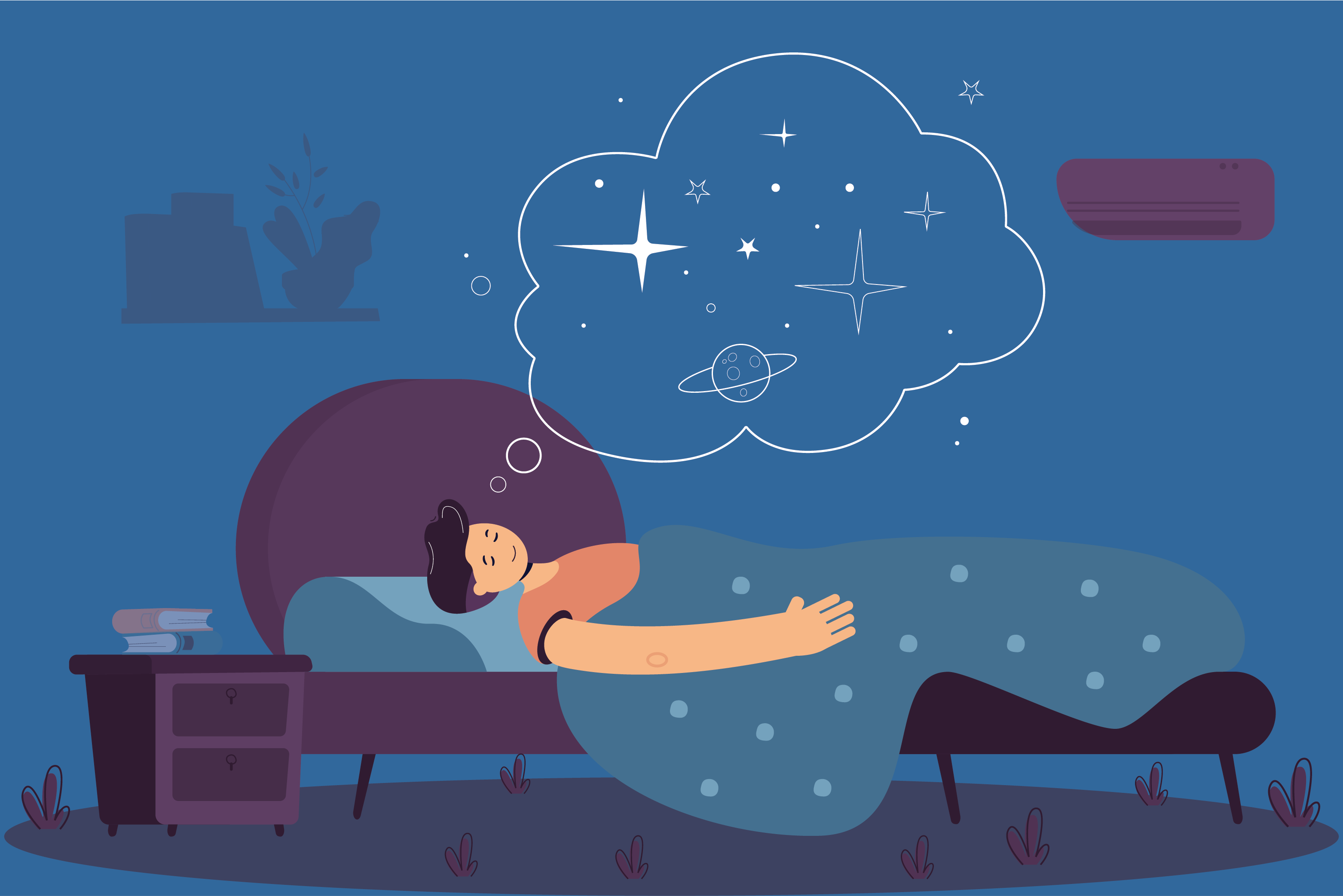
Summary Table
Why It Is Effective:
Conclusion:
Living with arthritis is not just crisis management — it involves thinking about daily behaviours to move, eat right, sleep well, manage stress, and rational use of pain relief. At our arthritis care clinic in Delhi, these approaches are not short-term solutions, but established techniques supported by evidence that will help to improve your pain, improve your movement, and improve your overall quality of life.
.png)
